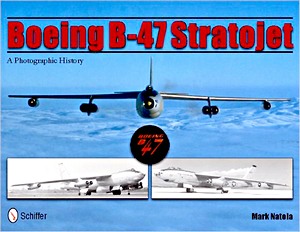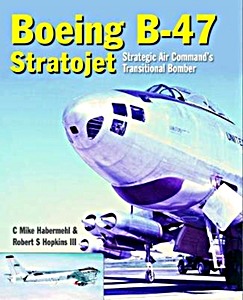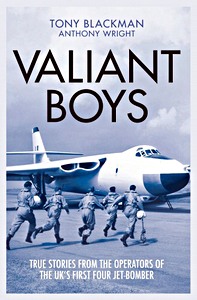Boeing B-47 Stratojet - A Photographic History
The Boeing B-47 Stratojet was produced in larger numbers than any post World War II American bomber. A total of 2,042 aircraft were built by the Boeing, Douglas and Lockheed aircraft companies. With more than 25 variants, the B-47 was the backbone of the Strategic Air Command throughout the 1950s. In "The Boeing B-47 Stratojet in Pictures" Mark Natola takes you from the development of the first XB-47 through the final YB-47C and B-47Z concept aircraft.
Caractéristiques
| Auteur : | Mark Natola |
|---|---|
| Présentation : | 120 pages, 21.5 x 28 x 1.1 cm, relié |
| Illustration : | abondamment illustré |
| Langue : | anglais |
| Editeur : | Schiffer Publishing Ltd (USA, 2011) |
| ISBN : | 9780764337581 |

Boeing B-47 Stratojet - A Photographic History
Langue : anglais
Voir prix, disponibilité et avis sur Amazon
Acheter sur Amazon FRVoir sur Amazon BE
Acheter sur Amazon CA








